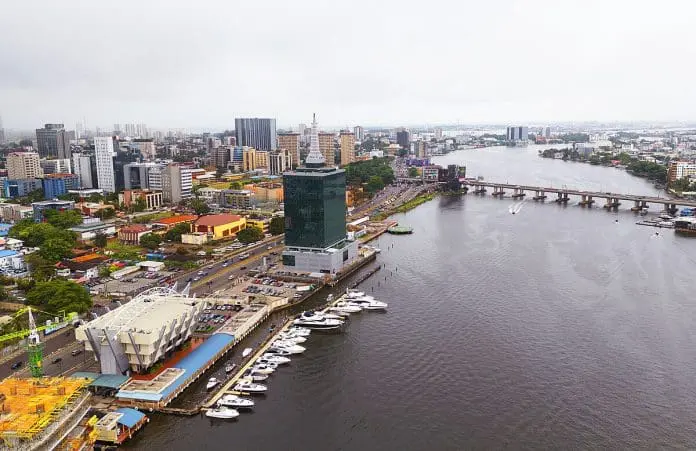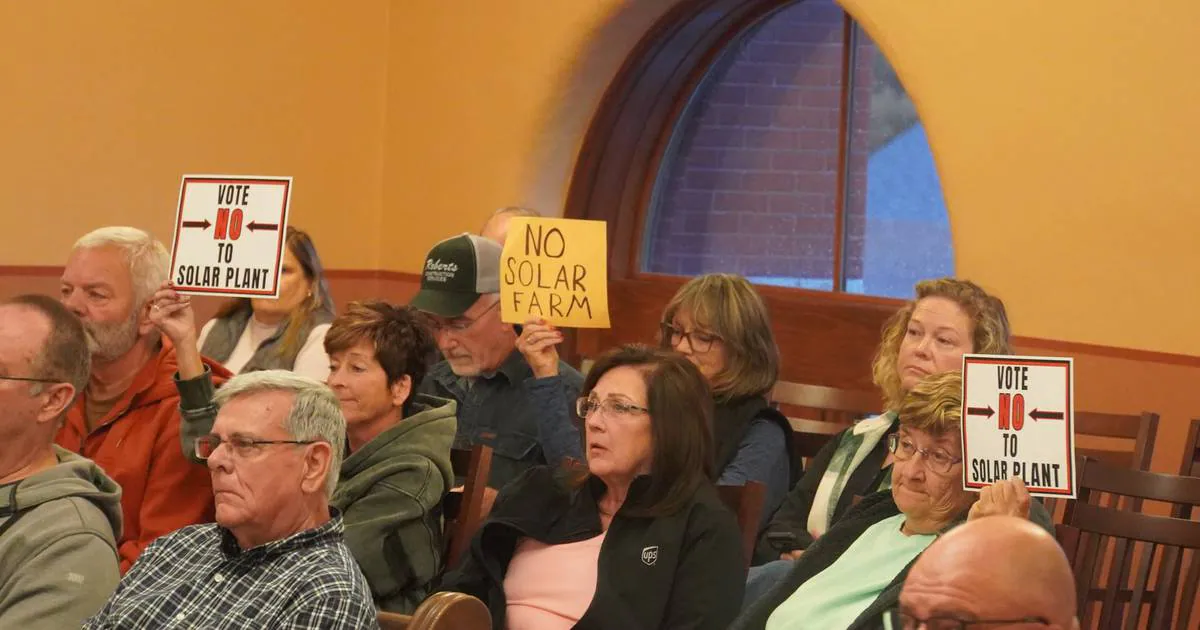Copyright scmp

Economic growth across Southeast Asia is increasingly being overshadowed by widening inequality and entrenched corruption, with discontent now spilling onto the streets, according to a new Oxfam report released just a day after Asean leaders concluded their annual summit in Kuala Lumpur. The study, titled “An Unequal Future: Asia’s Struggle for Justice in a Warming, Wired World” and released on Wednesday, found that the richest 10 per cent of Asians took between 60 and 77 per cent of national income, while the poorest half received only 12 to 15 per cent. In 2023, the top 10 per cent captured 58 per cent of income in India, 52 per cent in Thailand, 46 per cent in Indonesia, and 43 per cent in both Vietnam and China. The report notes that the richest 1 per cent hold 40.1 per cent of national wealth in India and 31.4 per cent in China. In Indonesia, the bottom 50 per cent’s income share fell from 20.0 per cent in 2000 to 13.7 per cent in 2023, while in Malaysia the top 10 per cent took 39.4 per cent last year. Cambodia and Myanmar showed modest gains, with the poorest half’s income share rising from 9.1 to 14.2 per cent and 14.0 to 17.7 per cent, respectively. Oxfam, a global non-profit that campaigns against poverty and inequality, said these imbalances were reinforced by “weak progressive taxation, high debt-service burdens, and governance transparency gaps”, which diverted resources away from social spending and deepened inequality. “Young people are fed up with leaders rigging the economy for the ultra-wealthy while they’re locked out of decent jobs,” Amitabh Behar, Oxfam executive director, told This Week in Asia. “From Manila to Jakarta, people aren’t protesting by accident.” ‘Crony capitalism’ and public anger The report also highlighted a pattern of what it called crony capitalism across the region – from Indonesia’s politically connected conglomerates to the Philippines’ oligarchic families – where public contracts, land concessions and subsidies were frequently captured by elites. In several Asean states, Oxfam said corruption had “eroded the redistributive capacity of governments”, with public resources diverted to projects that benefited the politically powerful rather than ordinary citizens. The report pointed to consequences in the streets. In Indonesia, thousands of workers and students clashed with police in August during protests against lawmakers’ perks and rising cost of living. At least seven people were killed and dozens injured in the largest demonstrations in Jakarta. In the Philippines, public anger over a corruption scandal involving flood control projects triggered renewed demonstrations in the capital Manila last month. Oxfam found that in six South and Southeast Asian countries, debt servicing consumed about 20 per cent of government spending. Across 25 of 28 Asian economies, governments face average spending cuts of 3 per cent of GDP by 2027, and in these countries home to a total of more than 2.1 billion people, net interest payments already exceed education or health budgets. The report says most Asian governments collect too little from the richest individuals and corporations while relying heavily on indirect taxes such as VAT, which fall more heavily on the poor. Across the Association of Southeast Asian Nations, the richest 1 per cent hold about 25 to 33 per cent of total wealth, while the poorest half own only about 3 to 4 per cent, it noted. Billionaires’ combined wealth in Asia has risen more than 120 per cent to between US$3.4 trillion and US$4 trillion over the past decade – roughly seven times Thailand’s gross domestic product. Asean leaders, meeting in Kuala Lumpur from Sunday to Tuesday, focused on supply chains and regional stability but made little mention of corruption or inequality in their final communique. The statement pledged “inclusive and sustainable growth” but contained no concrete commitments to tackle patronage networks or adopt fairer tax systems. The bloc, with a combined GDP of almost US$4 trillion and a population exceeding 670 million, is projected to become the world’s fourth-largest economy by 2030. “Regardless of whether Asean leaders do or do not have the political courage to act, the consequences of inaction are unsustainable,” Oxfam’s Behar said. “Unless governments start taxing the rich fairly to invest in public service, inequality will keep fuelling unrest and driving climate disasters across the region.”



